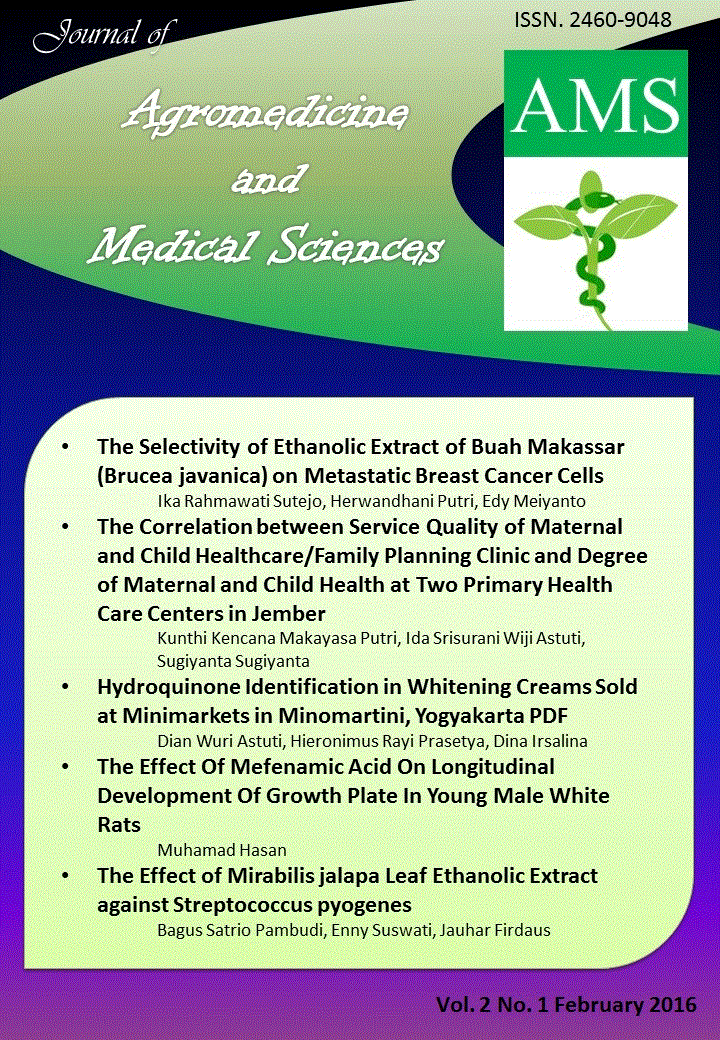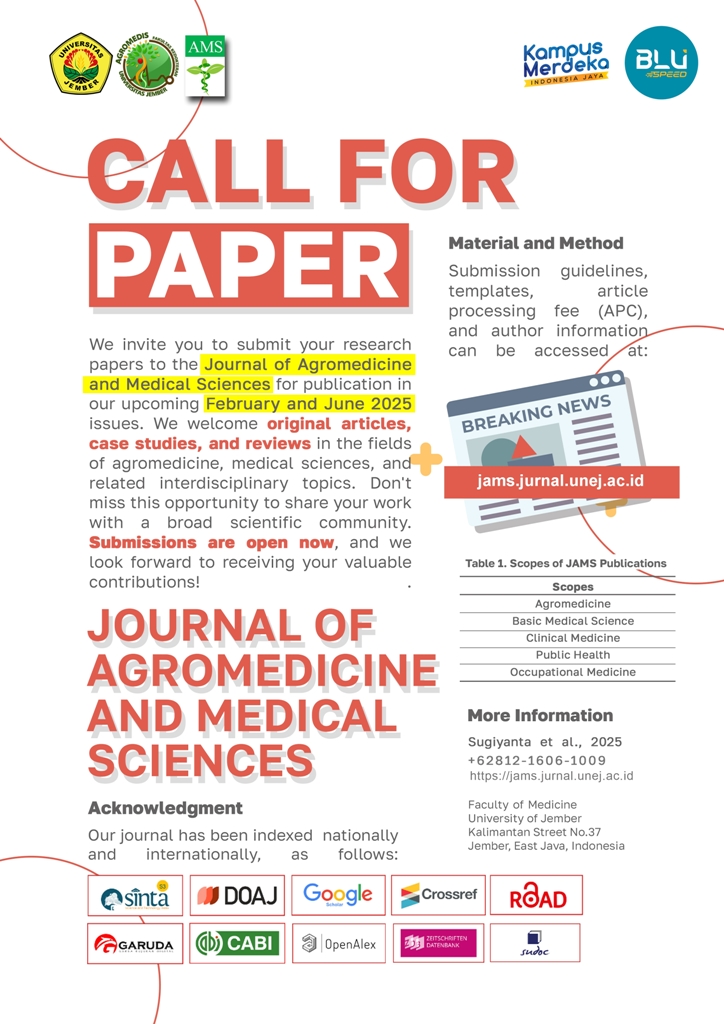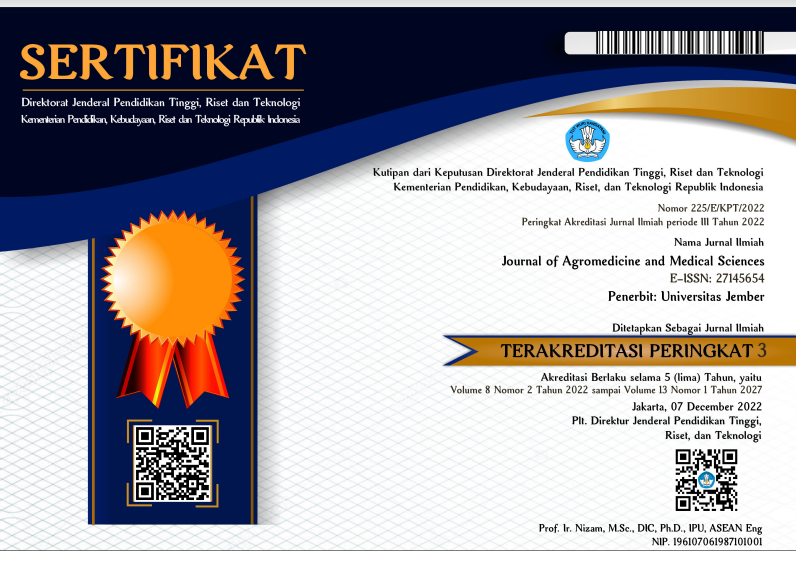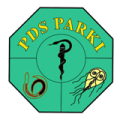Hydroquinone Identification in Whitening Creams Sold at Minimarkets in Minomartini, Yogyakarta
Abstract
Whitening cream is a cosmetic which is contains chemicals and other materials that can etiolate black (brown) stain on the skin. Hydroquinone is a supplemental ingredient in whitening cream. Hydroquinone is the active ingredient that can control the production of uneven pigment, rather serves to reduce or inhibit the formation of melanin. The use of hydroquinone in cosmetics should not be more than 2%.The excessive use of hydroquinone can cause oochronosis,a rough, speckled bluish skin. The purpose of this study is to determine whether or not there are any hydroquinone in whitening cream sold at Minimarket in Minomartani, Yogyakarta. If found, further testing is done to determine the level of hydroquinone in it. This research describes the presence or absence of hydroquinone in the whitening creams and find out how much the percentage is. The method used is Thin Layer Chromatography (TLC) and serimetri titration. The qualitative study test results that 64% of the samples positively contain hydroquinone, whereas from the quantitative assay it is obtained that 89% of the samples are not suitably qualified according to Permenkes No.445/MENKES/PER/V/1998. There are 9 out of 14 whitening cream brands that contain hydroquinone and 8 of them contain levels of hydroquinone more than normal (> 2 %).
Keywords: face whitening cream, hydroquinone, Thin Layer Chromatography, serimetri titration.























